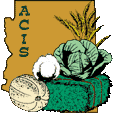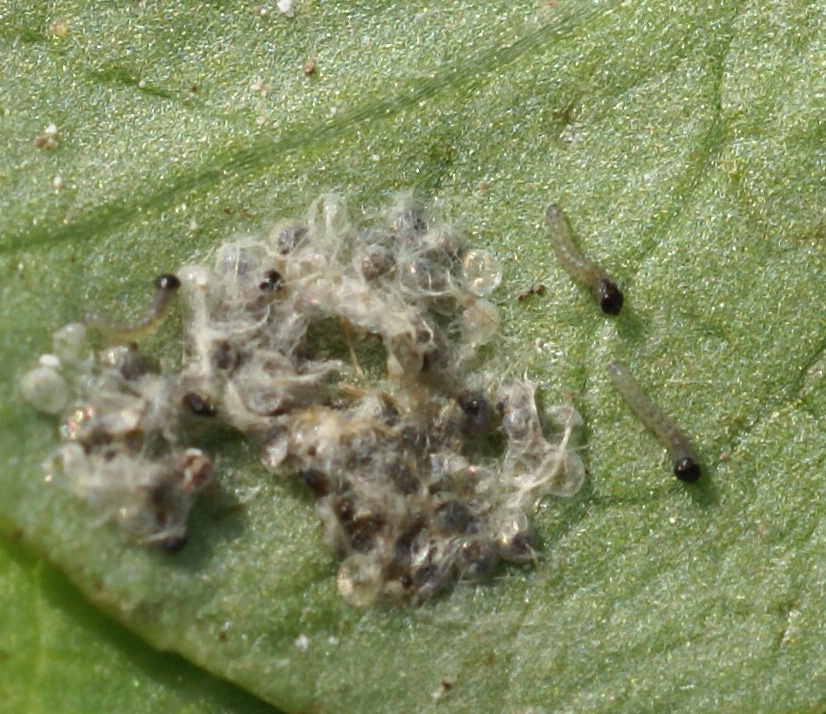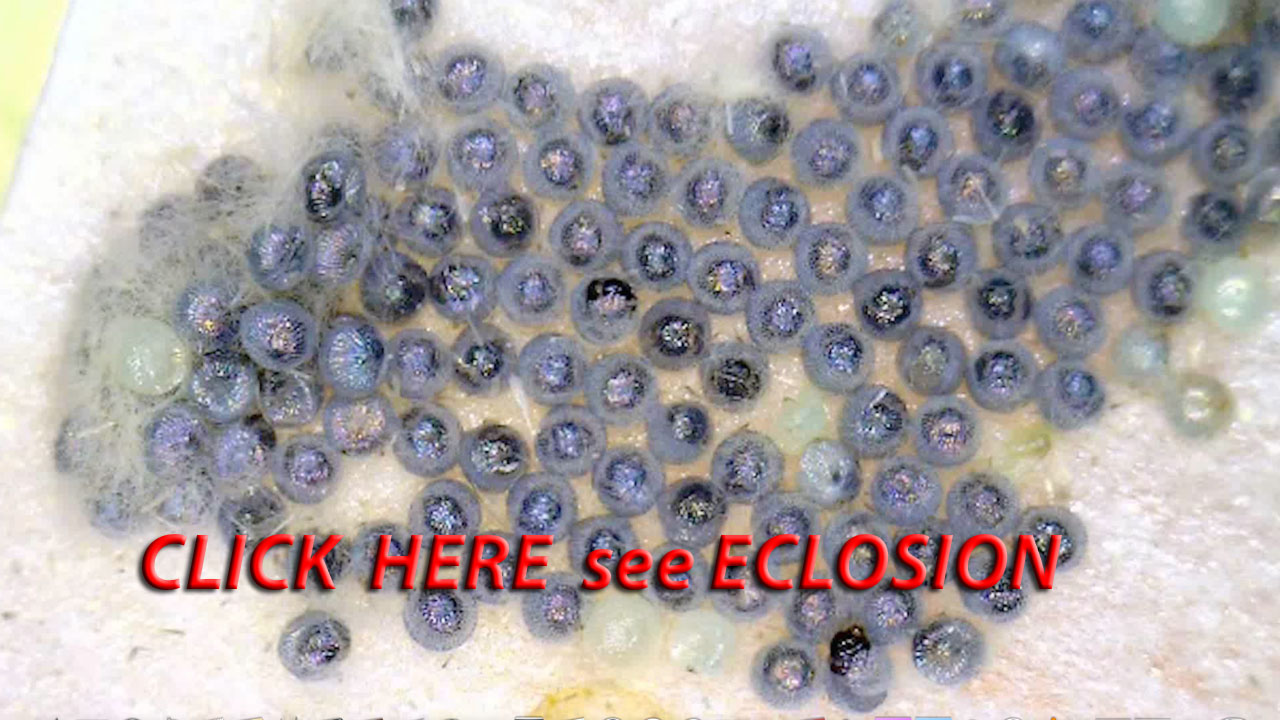
|
|
|
|

|
|||
|
|
|||
|
The beet armyworm (BAW) is the most common lepidopterous pest infesting lettuce
throughout the desert southwest where larvae are most prevalent from August through
November. Historically, PCAs have been able to effectively control this pest using
available insecticides. Because many of the products have different modes of action
(MOA) that can be alternated throughout the growing season, the rapid development
of resistance by BAW to any of these insecticide compounds should not readily occur.
In fact, resistance by BAW to insecticides has not been recorded in nearly 20 years
in the desert as a result of the judicious usage of these insecticide chemistries.
However, if an insecticide compound, or products with the same MOA, are used repeatedly
for worm control in the same field, the risk of resistance increases significantly.
This is particularly important with the Diamide group of insecticides (IRAC group
28) which can be applied as both foliar sprays and soil injections. With the recent
registration of cyantraniliprole (Exirel and Verimark), PCAs now have eight different
diamides insecticide products within the diamide chemistry (IRAC group 28) to choose
from for worm control. Foliar uses include Coragen, Voliam Xpress, Voliam Flexi,
Exirel, Belt and Vetica; Soil uses include Coragen, Durivo and Verimark. Applying
these Diamide products to the soil at planting, and then following with foliar sprays
of Dimades in the same field, can expose multiple generations of Lep larvae to the
same MOA. This places increased selection pressure on populations. That’s not a
good way to use these products if you want them to remain effective for more than
a couple of years. Since the Diamides, as well as the other products currently available
(Radiant, Proclaim, Intrepid, Avaunt), are critical to effective management of worms
in leafy vegetables, PCAs should consciously avoid the overuse of any of these compounds.
The most effective way to delay the onset of resistance by BAW in leafy vegetables
is to consider the recommendations provided in the guidelines recently prepared
entitled
Insecticide Resistance Management Guidelines for Beet Armyworm in Lettuce.
Remember, When in Doubt . . . . . “Call Barry Tickes”
Click picture to listen to John’s update
To contact John Palumbo go to: jpalumbo@ag.arizona.edu |
|||
| Back | |||
|
For questions or comments on any of the topics please contact Marco Pena at the Yuma Agricultural Center.
|
|||
|
Home |
Cotton | Veggies |
Forages | Grains
| Citrus |
Crop x Crop Insects | Diseases| Weeds | Pesticides | Economics | News | Weather | Research | Photos | Contacts | General Info. Copyright © 2001 University of Arizona, College of Agriculture and Life Sciences Webmaster: Al Fournier (acis@ag.arizona.edu) |
|||


